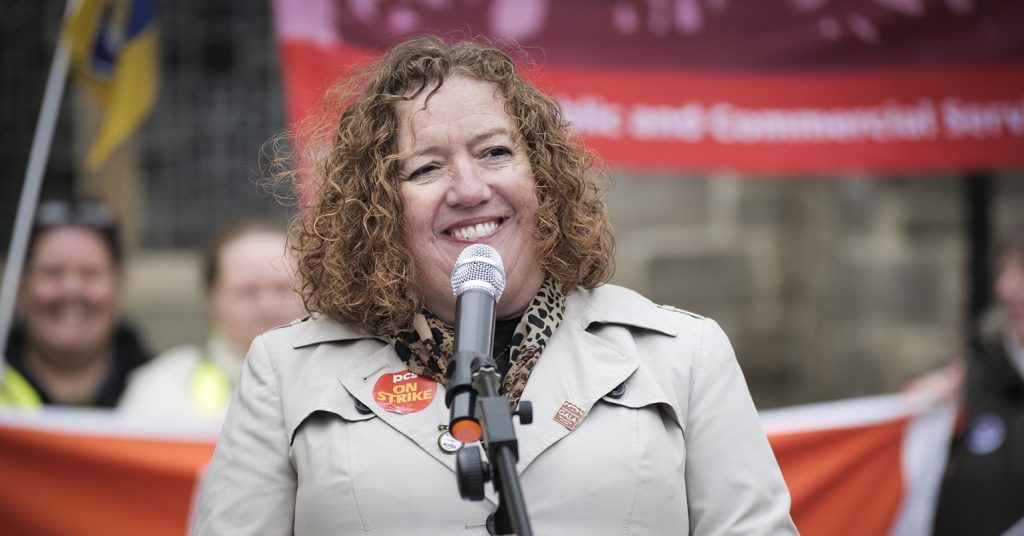We have to stand with care workers fighting for justice

“Thanks for the applause, but what I deserve is a living wage.” Several months into the Covid-19 crisis, much of the applause has receded. What began for many as an earnest if powerless display of gratitude, became something of a minor civic religion. By now, Thursday evening clapping has slipped into the recent past like any other quirk of British culture.
Meanwhile, the situation facing workers on the front line of dealing with this disease – whether in hospitals, surgeries, shops, or care homes – remains as serious and as deadly as ever.
The situation is most unrelenting for the least privileged. Among these are workers in less conventionally valorised and often more risky environments. They are more often than not members of groups subject to social oppressions – women, people of colour, migrants or others. Exploitation in a brutal labour market is intensified by the circumstances: low demand and redundancies leave workers with little prospect of finding alternatives. And low pay, poor sick pay, and derisory conditions force workers to make a horrible choice between their health and making ends meet.
Further from the public gaze, and often without prominent champions in the media or in the political class, few regularly and consistently speak up for underpaid carers. But many workers are showing that they can speak loudly and powerfully for themselves.
Care workers at Sage Nursing Home in Golders Green, North West London are making their collective voice heard. Over the past few months, they have continued to face unacceptable working conditions. Sage’s care workers are paid between £8.72 and £9.60 per hour – poverty pay anywhere, but especially in London’s grinding rental market. With only Statutory Sick Pay to fall back on and bills to pay, absence due to illness is scarcely an option.
In Covid-19 conditions, these terms are not just bad – they are a threat to life and an affront to dignity. In London alone, 2020 has seen dozens of workers lose their lives after working in less than secure conditions. In August, Transport for London (TfL) revealed that 33 of its bus workers had died after contracting Covid-19.
Now, Sage’s care workers are standing together to demand better from their employer. They are asserting their right to £12 per hour, parity with NHS in-house annual leave and sick pay, fair pay for unsociable hours, and recognition of their trade union – United Voices of the World.
The capital can be an incredibly hostile place for lower paid workers. And the people who keep this city running are so often invisible and undervalued. In this context, the decision of workers at Sage Nursing Home to organise and assert their right to decent treatment is heroic. As the Green Party advances its vision for a better London, it should do everything it can to promote and platform the voices of organised workers like those at Sage.
Green candidates will be asking Londoners to choose them next May. As our city faces greater and greater challenges, we must be crystal clear that we are a voice and a platform for those who need a progressive Green administration most. That means standing with working people: not just in ovation on our doorsteps, but in solidarity when they demand dignified and respectful treatment.
On Saturday 24 October at the London Green Party AGM, I am moving a motion in support of United Voices of the World and the struggle at Sage Nursing Home. I hope that party members will support it – and then take concrete action to support the campaign.
PS. We hope you enjoyed this article. Bright Green has got big plans for the future to publish many more articles like this. You can help make that happen. Please donate to Bright Green now.
Image credit: Facebook video screengrab




So good to read this article. I know care workers and seethe with anger at their exploitation. This raises immediately questions of class, race, gender,immigration.
And fundamental to the problems are economic injustice, the distribution of wealth, and the furious accumulation of wealth at all levels without regard to the despoiling of the ecological process.
Fighting for redistribution of wealth is the prerequisite for solving the green crisis, not a nice add-on.
I urge people to explore Universal Basic Income, and put it at the forefront of our politics.